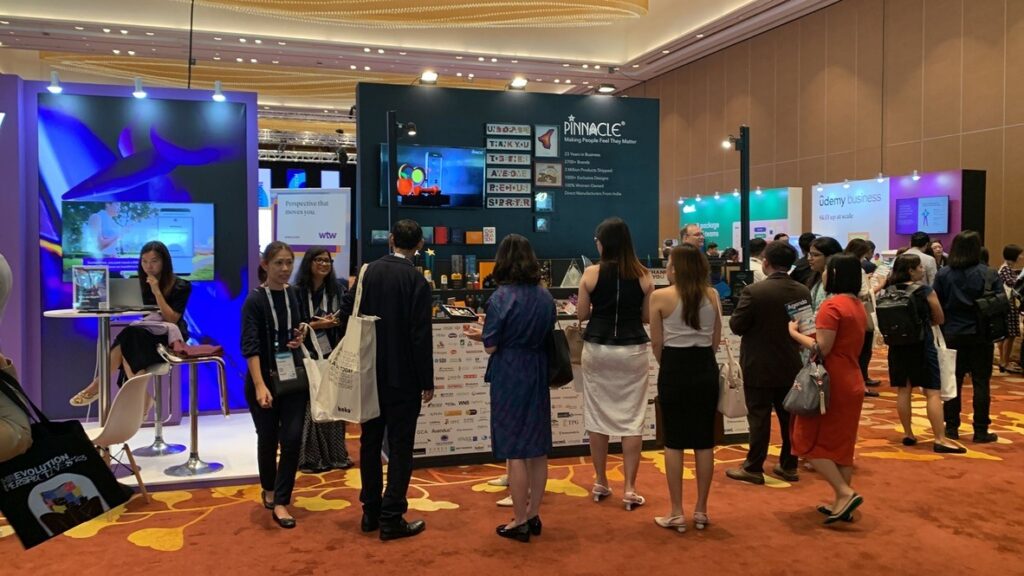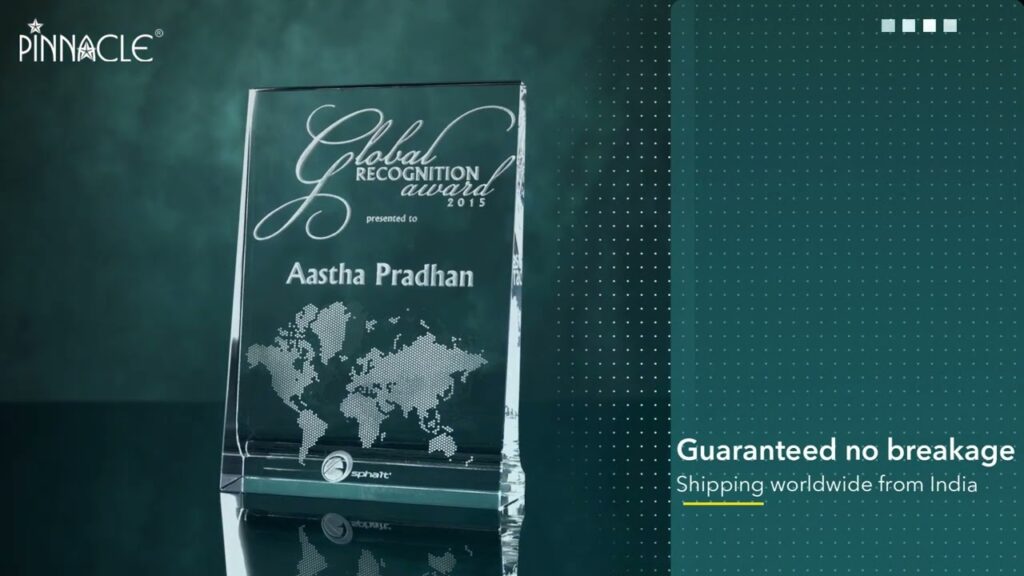Every CEO and Business Owner wants a motivated and driven workforce because that directly affects the company’s bottomline and long term growth. There are three amazing TED talks that deal with the puzzles of motivation, recognition and the way we think about work. The information they share is sure to surprise you!
Best-selling Author and TED speaker, Mike Robbins, who has addressed companies like Google, Gap, Wells Fargo, San Francisco Giants etc, in his TED talk says, “Research shows that appreciation impacts not just relationships and how we feel about ourselves, but also productivity.”
Another TED speaker and New York Times Best selling Author, Dan Pink states that “there is a mismatch between what science knows and what business does.”
He quotes a study done by the Department of Labor in the United States that asked people why they left their jobs. The #1 reason people left their jobs was not poor pay, poor or low incentives. 64% of the people who left their jobs said, “I did not feel appreciated.” In the post-covid world where we see large attrition, this information is quite relevant even for us in India.
Appreciation vs. The ‘Carrot-and-Stick’ Approach
Mike Robbins talks about what happens when an employee is celebrated not just for achieving a goal or for a “win”, but even when they fall short of a win. He says that while it is indeed motivating when good performance gets recognition, however, such recognition is for a limited amount of time. What is really important is to reach out to team members when they have failed.
Dan Pink calls this the ‘carrot-and-stick’ or the ‘If-Then’ approach, i.e. if you achieve x targets then you are recognised with y incentive. Appreciation is something else entirely. Robbins describes Appreciation as much more “expansive” than Recognition. “Appreciation is less about what people do and more about who they are.”
Furthermore, he describes what Appreciation looks like in real life. It does not mean that you have to be best friends or hang out together every week. But it means that you find value in their presence in the team.
Robbins passionately shares another study done by University of California, Berkeley on what motivates productivity in people. They found that when employees feel recognized for their work achievements, they are 23% more effective and productive. But “when they feel valued and cared for, when they get a literal or figurative pat on the back, when they feel that the person they report to cares about them, then the employees were 43% more productive. That is a 20% increase in productivity when the focus shifts from what people do, to who people are!” He advises that appreciation, not mere performance based recognition, is key to business success.
Surprising Results about Financial Incentives and Worker Productivity
Dan Pink highlights a social experiment conducted at Princeton University by Psychologist Sam Glucksberg where 2 groups were given a problem. First group was told that they were being tested to establish how much time it typically takes for a person to solve that problem. The second group was given monetary incentives- that people who will solve the problem fastest would get money! The result showed that the incentivised group took 3 and a half minutes longer to solve the problem than the non-incentivised group! In short, the result of the study was that performance-based incentives failed to achieve winning results.
He stresses that these findings are not one-off, but the same results were found in multiple studies by different researchers, in different countries (including in India.) He shares another groundbreaking study that was done by the Federal Reserve Bank of the United States and a leading Professor at Duke University. In the Study, a group of smart MIT students were given games to solve and offered three levels of rewards- small, medium and large. Study found that as long as the tasks were purely mechanical, involving no/low brain power, bonuses worked as they would be expected, i.e.- the higher the pay, better the performance. HOWEVER, when the task needed even basic brainwork or creative thinking, then the larger reward led to a poorer performance!
The same study was repeated in Madurai India and had the same results! The scientist who conducted it concluded that “In eight of the nine tasks we examined across the three experiments, higher incentives led to worse performance.”
The London School of Economics looked into 51 studies of Pay-For-Performance and determined: “We find that financial incentives can result in a negative impact on overall performance.”
Pink feels that incentivizing with rewards narrows the employee’s focus, making them concentrate on the task at hand, but it also lowers their creativity, inventiveness and out-of-the box thinking. “20th century motivators (like incentives and bonuses) that we think are a natural part of business do work but only in a surprisingly narrow band of circumstances where the job entails mechanical work.” For any job that requires cognitive thinking, right brain application, creativity, there the “If-Then Rewards system destroys creativity.
Barry Schwartz: The way we think about work is broken
American psychologist Barry Schwartz agrees. In his TED talk titled, ‘The way we think about work is broken’, he says that people are affected by their surroundings and eventually become how they see themselves. He gives the example of Economist Adam Smith who gave the world the concept of mass production. According to Schwartz, Adam Smith believed that people were inherently lazy and would only work for incentive. So in that industries looked upon workers not for creativity but only as physical bodies. As a result workers would show up for work and do the least minimum required for their paycheck and go home. Finding no room for creativity and no appreciation, and relying only on the incentive of the paycheck, the workforce in fact really began to veer towards laziness. Adam Smith noticed this and said: “People who work on assembly lines become as stupid as it is possible for a human being to become.”
Making Appreciation a Habit
We have come a long way since the beginning of the industrial revolution. We now know that businesses grow and thrive because of a motivated workforce who comes up with innovative problem solving and growth ideas. Study after study has proven that workforce cannot be driven by mere financial incentives or bonuses or a carrot-and-stick approach alone. If that was true then high incentive jobs would see no attrition. In reality, everything has to be balanced. Financial incentives without appreciation of the human being who is devoting their precious years to the company, just does not work in the long run.
We will wrap it up in the words of Mike Robbins. “Look for things to appreciate in others! Look hard! When you look for it, you will find it. Go as far as to schedule appreciation of your team members in your calendar!”
———————————————————————————————————————
Pinnacle is an industry leader in Awards & Recognition, committed to bringing a culture of appreciation to the workplace, so that every employee feels valued. Since its inception in 2000, Pinnacle has served over 3000 brands, shipping over 3 million customised awards and gifts to 41 countries.
Connect with us for your Awards and Gifting Needs, we would love to hear from you. To learn more about Long Service Awards, please visit our website Or simply Call or Whatsapp us at +91 98105 05171. For domestic orders please email krishna@pinnacleworks.com For International orders please email mansi@pinnacleworks.com










